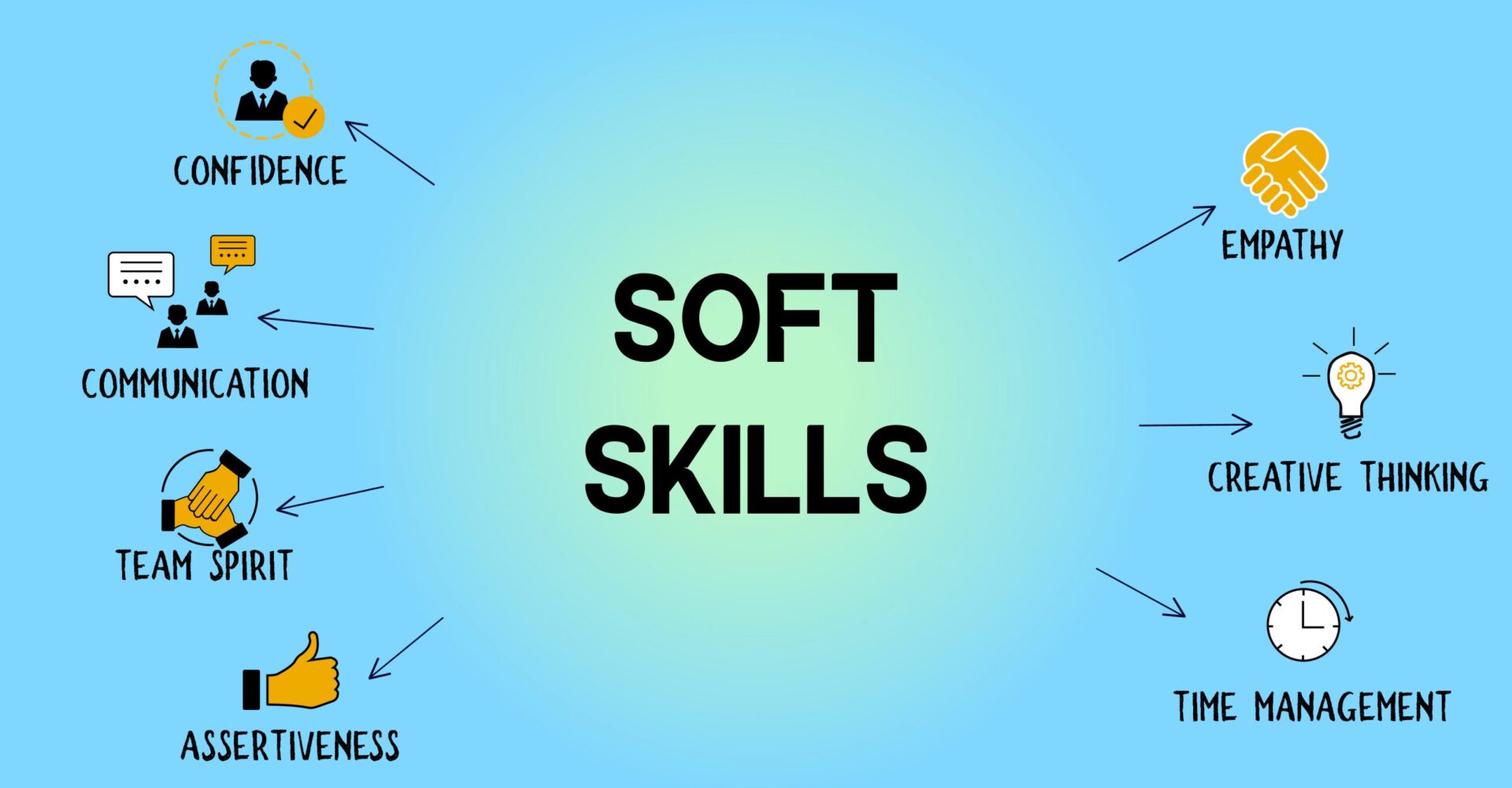Image Source: Google
In today's digital age, communication plays a crucial role in every aspect of our lives. Whether it's in the workplace, social settings, or personal relationships, the ability to effectively communicate has become more important than ever. With the rise of technology and remote work, the way we communicate has evolved, making soft skills training essential to bridge the gap between individuals and foster meaningful connections. This article will explore how soft skills training can enhance communication in the digital age.
The Importance of Soft Skills Training
What are Soft Skills?
- Soft skills refer to a set of personal attributes that enable someone to interact effectively and harmoniously with other people.
- They include communication skills, emotional intelligence, teamwork, problem-solving, adaptability, and time management, among others.
Why are Soft Skills Important?
- Soft skills are crucial in building and maintaining relationships, both personally and professionally.
- They contribute to a positive work environment, enhance productivity, and improve overall job satisfaction.
- Soft skills are especially important in the digital age, where remote work and virtual communication are prevalent.
Enhancing Communication through Soft Skills Training
Improving Emotional Intelligence
Emotional intelligence is the ability to understand and manage your own emotions, as well as recognize and influence the emotions of others. Soft skills training can help individuals improve their emotional intelligence, leading to better communication in the following ways:
- Increased self-awareness and self-regulation
- Improved empathy and understanding of others' perspectives
- Enhanced conflict resolution and relationship management
Developing Effective Communication Skills
Effective communication is essential in the digital age, where miscommunication can easily occur due to the lack of face-to-face interaction. Soft skills training can help individuals develop the following communication skills:
- Active listening
- Clarity and conciseness in verbal and written communication
- Non-verbal communication and body language
- Adaptability in communication styles based on the audience
Building Stronger Teamwork and Collaboration
In a digital work environment, teamwork and collaboration are essential for success. Soft skills training can help individuals work better in teams by:
- Enhancing conflict resolution and problem-solving skills
- Improving interpersonal skills and fostering a positive team dynamic
- Promoting effective delegation and sharing of responsibilities
The Role of Soft Skills in Remote Work
Challenges of Remote Communication
Remote work presents unique challenges when it comes to communication, such as:
- Lack of face-to-face interaction
- Difficulty in building relationships and trust
- Misinterpretation of tone and intention in written communication
How Soft Skills Training Can Help
Soft skills training can address these challenges by:
- Emphasizing the importance of clear and effective communication
- Providing tools and techniques for building relationships in a virtual setting
- Teaching strategies for managing conflict and resolving misunderstandings remotely
Conclusion
In conclusion, soft skills training plays a vital role in enhancing communication in the digital age. By developing emotional intelligence, effective communication skills, and teamwork abilities, individuals can bridge the gap created by technology and foster meaningful connections in both personal and professional settings. As the way we communicate continues to evolve, investing in soft skills training has become more important than ever to build bridges and strengthen relationships in the digital world.
